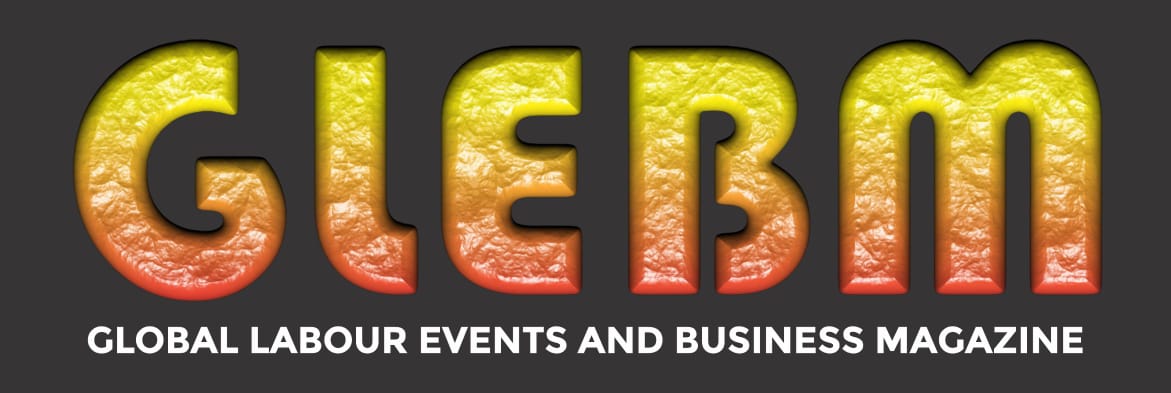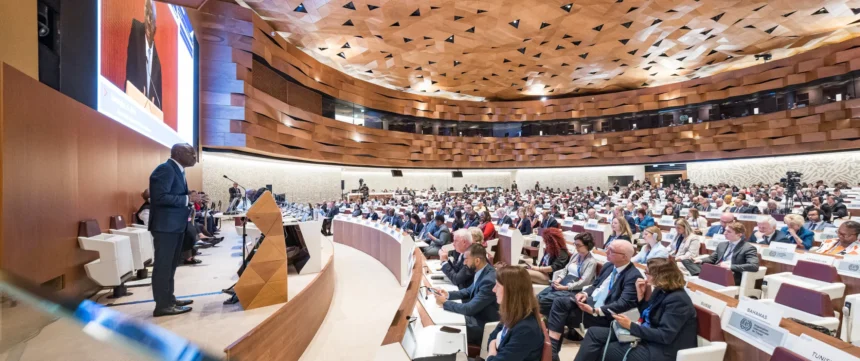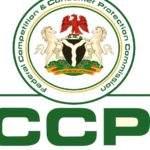By Darasimi Kikelomo
Opening the 113th International Labour Conference (ILC) in Geneva, International Labour Organization (ILO) Director-General Gilbert F. Houngbo issued a strong call to reinforce the ILO’s foundational mission amid an era of profound change in the world of work.
“The ILO’s normative mandate is more relevant than ever,” Houngbo declared in his keynote address, emphasizing the importance of international labour standards and social justice in today’s volatile global economy. He highlighted the need to ensure fair competition and protections in a labor market increasingly shaped by technological innovation, shifting geopolitics, and environmental challenges.
Houngbo underscored the ILO’s commitment to fostering a balanced approach that integrates economic, social, and environmental dimensions of development. “We can and must act with determination and consistency to promote social justice,” he said.
Acknowledging growing skepticism about multilateral institutions, Houngbo urged ILO delegates to resist nostalgia for a bygone era and instead focus on the organization’s enduring values and transformative capacity. “This context calls for reform – reform for greater effectiveness, but also for greater efficiency,” he stated, calling for courage, humility, and foresight in shaping the ILO’s future.
He also pointed to mounting global economic pressures, including sluggish growth and escalating trade tensions, warning that job creation must not be treated as a secondary outcome of growth. “Employment is not a passive result of economic growth – it must be an active part of it,” he said, calling for deeper integration between job creation, worker protections, and inclusive development policies.
The ILC, often referred to as the world’s parliament of labour, brings together representatives of workers, employers, and governments from the ILO’s 187 member states. This year’s agenda addresses critical challenges, including:
-
Biological hazards at work – second discussion on proposed standards.
-
Decent work in the platform economy – first standard-setting debate.
-
Transition to formality and decent work – general discussion on strategies for informal workers.
-
Application of international labour standards – assessment of compliance across member states.
-
Draft Programme and Budget for 2026–27 – deliberation on financial planning.
-
Maritime Labour Convention – review and approval of 2025 amendments.
-
Social Development Summit 2025 – tripartite inputs on the ILO’s strategic contribution.
A major highlight of the conference will be the Second Annual Forum of the Global Coalition for Social Justice, scheduled for June 12, where ILO tripartite delegations and coalition partners will convene to assess progress and strategies.
Leadership for the 113th session was formally established on the opening day, with Edgar Moyo, Zimbabwe’s Minister of Public Service, Labour and Social Welfare, elected as President of the Conference. Vice-presidents include Juan Castillo of Uruguay (Governments), Hamidou Diop of Senegal (Employers), and Hédia Arfaoui of Tunisia (Workers).
The conference will run until June 13, with decisions expected to shape global labour policies and practices for years to come.




